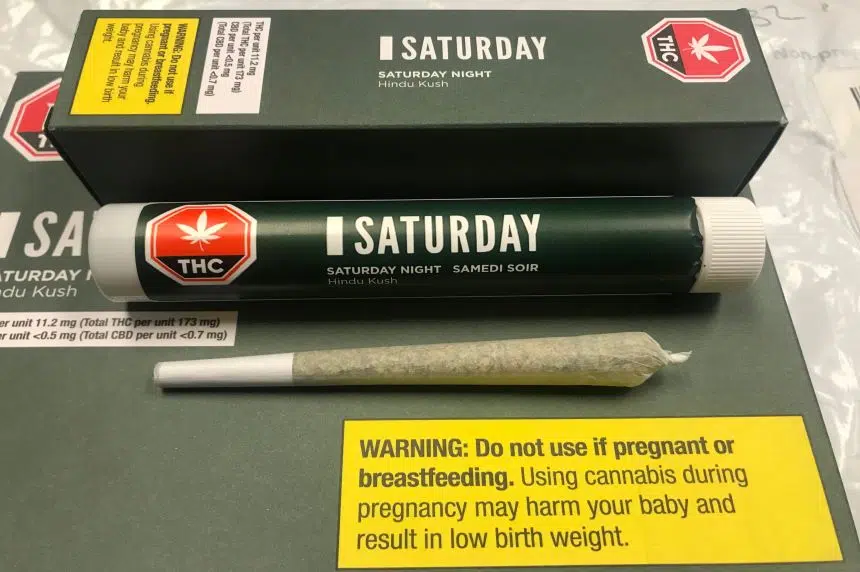A woman charged with driving while impaired by THC causing the death of a nine-year-old Saskatoon girl is likely the first case of its kind in Saskatchewan.
Saskatoon lawyer Brian Pfefferle said it’s going to be interesting to see how the case plays out in court.
“This is fairly new law and we regularly see other people impaired by narcotics (and) we see people impaired by alcohol of course causing death or injury,” Pfefferle told Gormley.
“This, to my knowledge, is the first time we’re seeing a THC-caused-death case. So for that reason, it does have some special interest. It will have potential precedential value.”
Saskatoon police allege a 28-year-old woman was high when the vehicle she was driving hit nine-year-old Baeleigh Maurice as she was crossing 33rd Street West on her way to school in September.
A toxicology report showed the woman had THC levels that exceeded the legal limit.
Pfefferle said measuring the level of impairment will be the tricky part in THC cases.
“What the many advocates for marijuana users were concerned about when the government legalized marijuana (was) they also brought in these per se limits for THC levels,” he said.
Unlike alcohol, which dissipates from the system at a consistent rate, THC levels depend on the individual’s size and how often they’re using it.
Sometimes THC can also be stored in the body for lengthy periods of time and there may not be a correlation between those nanograms that are set as the per se limits legally and someone’s level of impairment.
“What I anticipate the Crown to be doing (in these cases) is putting the evidence of the reading … the sample of the person’s nanogram THC levels into evidence. If that gets into evidence it could cause … almost an automatic result in conviction,” he explained.
There are also subjective observations by police, including potential physical symptoms of impairment including bloodshot eyes, slurred speech, slow dexterity, and difficulty understanding instructions. A drug recognition expert might be called in to assess the person in question during a physical examination.
Pfefferle wondered as well whether there might be any sort of constitutional challenge of the methods used to assess impairment in THC cases.
“When cases have serious consequences, we look to these sorts of grand constitutional challenges,” he said. “Will someone say that these per se limits are unconstitutional?”
At the end of the day, Pfefferle said there are aggravating and mitigating factors in every court case.
“I frankly believe that impaired causing death whether it’s by drug or alcohol will likely be treated the same,” he said. “For that reason, serious consequences and significant jail sentences are regularly handed out even for individuals who don’t have criminal records.”
That could mean a federal prison sentence in these cases.
“First priority and concern is for the deceased young girl and her family,” Pfefferle added. “There are no winners in a case like this … I think it’s an eye-opener for people using THC.”
The woman charged in connection with the case is expected to be in court April 12.







